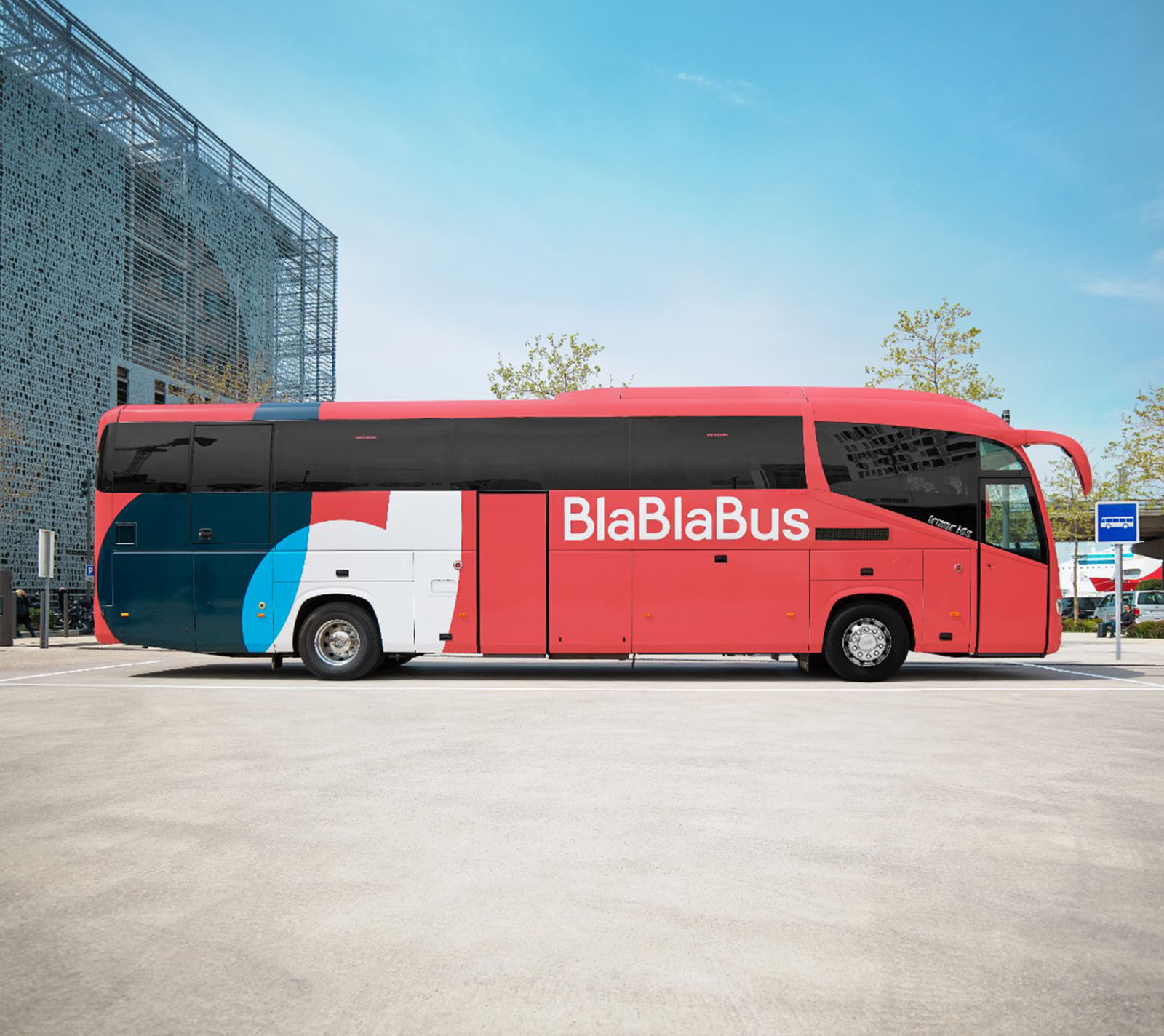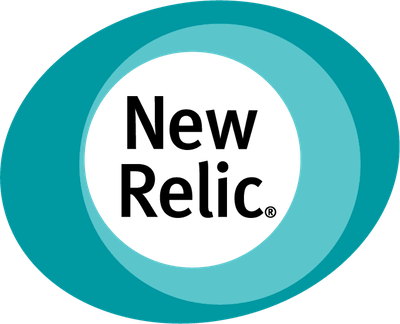
Size: 200 - 500+ Employees
Industry: Travel
Location: Paris, France
Customer Since: 2017
Key Integrations:
 Prometheus
Prometheus
 New Relic
New Relic
BlaBlaCar is the world’s leading long-distance carpooling service, connecting car drivers with empty seats to passengers looking for a ride. With 60 million members across 22 countries and over 18 million travelers every quarter, BlaBlaCar is creating an entirely new, people-powered travel network.
Julien Dehee, Head of Foundations at BlaBlaCar, leads a team of site reliability engineers (SREs) and database reliability engineers (DBREs) responsible for BlaBlaCar’s production infrastructure and the tools used by the larger engineering organization. “We provide a highly available platform. This is critical to the business because if the platform goes down, then our customers can’t book carpool trips, which leads to a direct loss of revenue,” explained Dehee.
A Bumpy Road to Service-Oriented Development
BlaBlaCar was in the midst of transitioning from monolithic to service-oriented architecture, and moving from traditional IT Operations to a DevOps culture that embraced “you build it, you own it” mentality. However, BlaBlaCar had only one on-call team, with all members sharing one mobile phone, which would be handed off to the next on-call person on the weekly rotation.
As a result, BlaBlaCar faced many challenges, including:
- Delayed response times driven by manual processes
- Alert fatigue for on-call engineers due to the high number of false positives
- More time focused on unplanned work versus time devoted to innovation
- Time spent on logging on-call hours for compensation
“Before [PagerDuty], it was pretty difficult to acknowledge and resolve issues immediately. We had to log into our previous monitoring system and find the alert,” said Dehee.
Shifting Gears to Accelerate Incident Response
With PagerDuty, development teams at BlaBlaCar own and manage their on-call schedules and notifications. The teams can easily acknowledge and respond to issues through PagerDuty’s mobile app, which enables them to immediately take action from wherever they are. At the same time, Dehee’s team gains rich insights into the performance and health of development teams and infrastructure through PagerDuty Analytics. Using this data, his team can provide recommendations on fine-tuning alerts and on-call rotations.
With PagerDuty, BlaBlaCar has achieved:
- Improved operational efficiency and platform stability
- Ability to respond in real time with the appropriate resources through automation
- Distributed responsibility across the entire engineering organization
- Automated accounting of on-call hours for Human Resources to compensate responders
“We’ve reduced alert fatigue, which has allowed us to focus more on the development roadmap. If you work less on production issues, you can focus more on innovation.”
— Julien Dehee, Head of Foundations, BlaBlaCar
Driving Operational Efficiency Through Integrations
BlaBlaCar provides its development teams with the autonomy to build and customize monitoring and alerting on their services by leveraging PagerDuty’s 300+ integrations. Dehee’s team uses the Prometheus integration for monitoring and the Slack integration for enabling real-time collaboration across the different teams. Other integrations used by BlaBlaCar teams include New Relic, PanOpta, and Jira.
Through PagerDuty’s comprehensive integration ecosystem, BlaBlaCar gains:
- Real-time operational visibility and actionable insights across the entire IT infrastructure
- Shared ownership of production, deployment, and management throughout the entire engineering organization
- Improved productivity and engagement driven by empowered development teams
“Operational efficiency and alerting platform stability are highly critical to the organization. We could have created something in-house, but overall, PagerDuty brings more value than an in-house solution,” Dehee concluded.
Learn more about what PagerDuty can do for your organization by signing up for a free 14 day trial.
